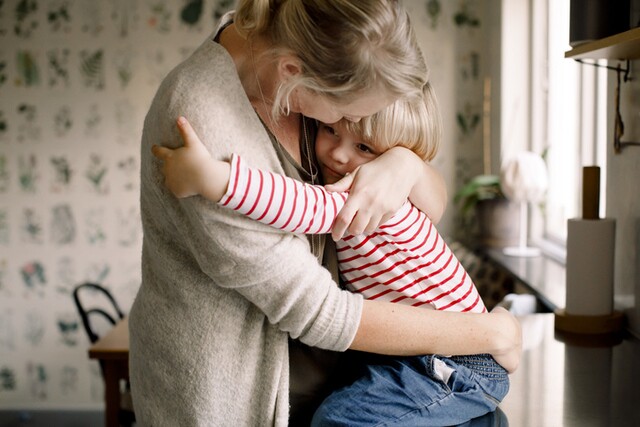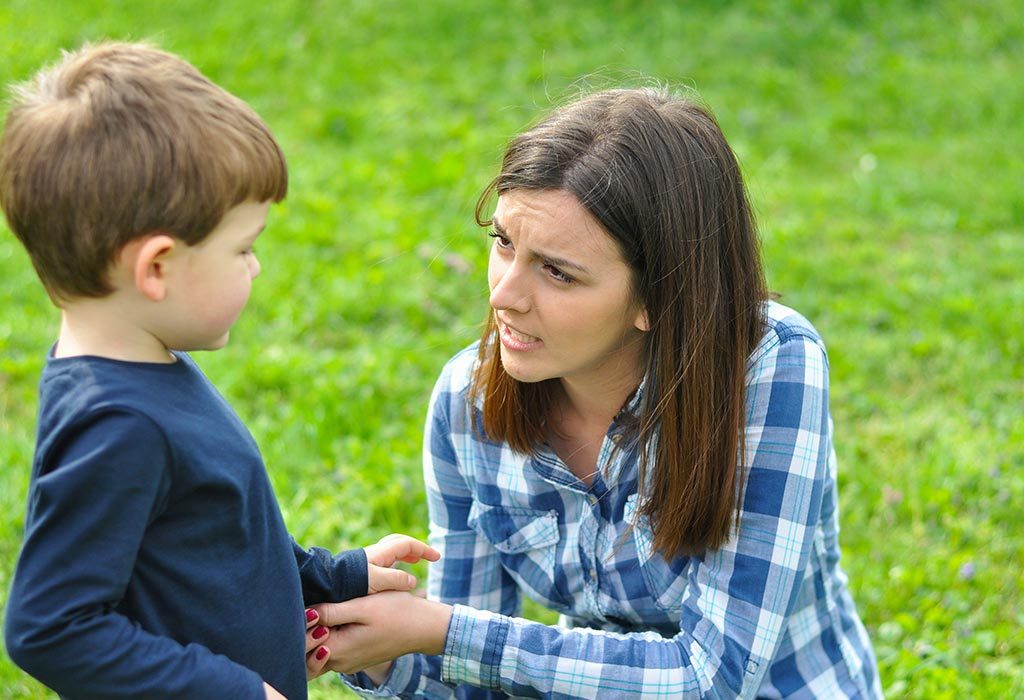I’m sure you’ve witnessed a screaming child in the throws of a monumental meltdown.
It’s like watching an internal tornado gain intensity and wreak havoc within your little one rendering them hysterical. Sometimes there’s a build up; at other times the emotional storm seems to blow in without warning, leaving your child suddenly unresponsive to reason.
I describe it like this, not just because this is how it appears, but because as parents, we often lose sight of how it must feel for our little ones to be swept up in a mini-tornado-for-one. And just as we would never expect a young child caught up in a terrifying tornado to be able to ‘calm themselves down’, a child with overwhelming emotions finds it utterly impossible too.
The reason behind this is that a child’s ability to calm down from intense emotional states (known clinically as their emotional regulation skills) requires the development of specific brain pathways which actually take years to establish. Consider learning to walk or talk. Our little ones aren’t born with these skills either and need our help and guidance as they master them.
It’s exactly the same for emotional regulation skills. When our little ones are ‘losing it’, they’re demonstrating to us that they’re yet to master these emotional regulation skills and that they need our help to ‘find it’.
So what’s the best way for you to respond to your child when they’re feeling out of control and in need of your help? We hear you and we can help!

Three ideas to help you through
Keep calm and in control
Remind yourself that your screaming child is out of control and needs your help to deal with more than their growing brain can handle. I liken it to watching your child fall down as they’re learning to walk. Just as you wouldn’t get cranky with your stumbling infant, you need to remain calm when your child is in the midst of a meltdown too.
Take a few deep breaths and remind yourself (or repeatedly chant inwardly if necessary) that your child is having a problem, not being a problem.
Stay with your child
Sometimes upset children are sent away to ‘time out’ in order to calm themselves down. Yet it doesn’t make a lot of sense to punish children for lacking a skill; particularly when, in this case, the type of punishment chosen requires them to have the exact skill they lack. Sure, their distress will eventually ease due to sheer exhaustion, but that’s not the most efficient way to help our children. Nor is it the best way to instil confidence in them that they can turn to us when life overwhelms them.
They need us with them as they calm down in order to learn this; not time alone.

Calm down first, then talk and teach
In situations like these, it’s helpful to know a little bit about how your child’s brain works. You see, when a child is feeling really distressed, the language, logic and learning pathways in their brains actually go ‘offline’. This is why your words don’t go in while your child is in the midst of a tantrum; or why they don’t seem to be able to see the logic in the situation or learn how they might have handled the situation differently. Instead, we need to help children to calm down first and save our words and our teaching for afterwards, once these important brain pathways are back online.
Calm down first, then talk and teach – always in that order. After all, it makes sense to teach children when they’re wired to learn.
Ultimately, when we stay with our children as they learn to calm down from big feeling states, we teach them that emotions, however intense, are always manageable. And, just as importantly, we teach our kids that they can rely on us to be there for them when they feel like they’re losing their grip.


